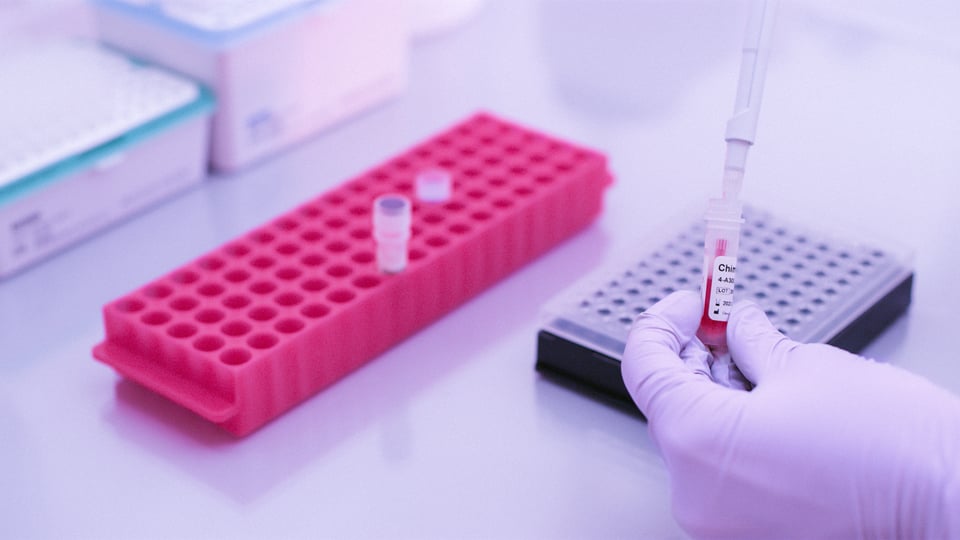Devyser enters Strategic Supply Agreement with Illumina to offer sequencing instruments and products
Devyser today announced that it entered a strategic agreement with Illumina, a global leader in DNA...

News | September 16, 2018
A recent publication in Nature highlights recent research by a collaborative team from Karolinska Institute, Stockholm, and Harvard Medical School, Boston. To understand the function of complex tissues over time, scientists have succeeded in taking expression snapshots of various genes within tissues. However, until now tools for measuring the complex interplay of the more than 20 000 genes within a given tissue over time, have been missing.
The research group has managed to develop a technique enabling both the level and rate change of expression to be measured simultaneously for each gene in a single cell. To achieve this, the researchers analyzed data that was generated through single-cell RNA sequencing. The authors demonstrated that these serial snapshots of single cell RNA sequences provided the necessary information about whether the expression of each gene was increasing or decreasing at a given point in time.
The ability to analyze the variation of RNA expression over time in individual cells is a break-through for studies of gene expression dynamics on the whole-genome scale.
Reference:
La Manno, G, Soldatov, R, Zeisel, A, et al., 2018, RNA Velocity of Single Cells, Nature 560, 494-498

Devyser today announced that it entered a strategic agreement with Illumina, a global leader in DNA...
Read More

Devyser is proud to announce that the company has been awarded a tender by Oslo University Hospital...
Read More

Devyser, a leading provider of advanced genetic testing solutions, has been awarded a new tender in...
Read More

Devyser is proud to announce that One Lambda Devyser Chimerism and Advyser Chimerism have been...
Read More